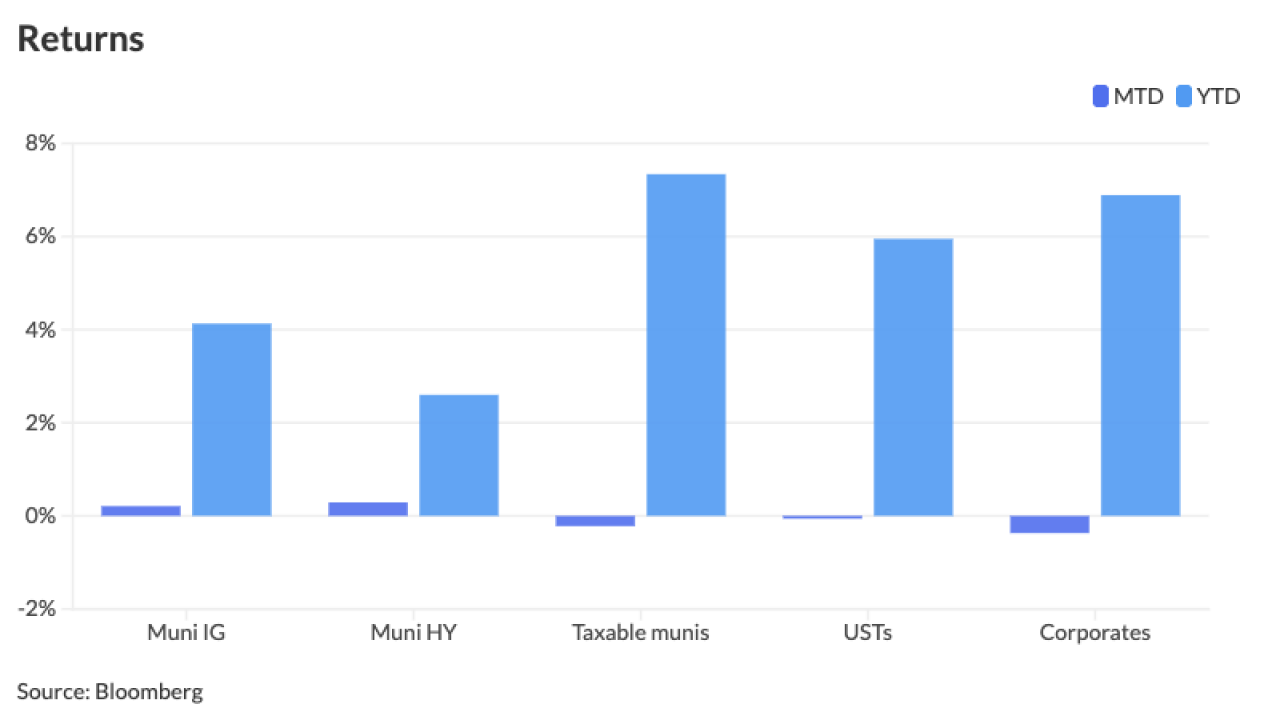New York City needs a strategy to reduce long-term liabilities and keep legacy costs manageable, according to the watchdog Citizens Budget Commission.
“The city’s long-term liabilities are substantial, and paying the associated legacy costs is crowding out programmatic spending,” said a
CBC pegged the city’s long-term liabilities at $252.5 billion at the end of fiscal 2017, or roughly $81,100 per household. That includes bonded debt ($107.8 billion), and net other post-employment benefits ($88.4 billion) and net pension ($56.2 billion) liabilities.

“Despite robust economic growth, the city has neither meaningfully reduced these debts nor made their reduction a fiscal priority,” the report said.
CBC said the city’s capital program is “unrealistic in ambition, obscures priorities, and discourages accountability.” According to Champeny and Doulis, a more realistic capital plan developed around specific, critical infrastructure repairs could limit bonded debt.
The watchdog organization also called for paying for part of the city’s capital investment with current-year resources. For several years, the operating budget has included a dedicated $250 million capital reserve.
“It was intended as a hedge against rising debt service costs, but the city’s interest rate assumptions have always been conservative and the funds have been rolled into the following year,” said the report. “Instead, these funds should be used as [pay-as-you-go] capital to reduce the borrowing needed each year to finance the capital plan.”
Champeny and Doulis also recommended cutting retiree benefit costs by 50%, which they said would not affect its attractiveness as an employer. Possible actions, they said, include premium sharing for health insurance, eliminating reimbursement of Medicare Part B, and reducing contributions to welfare funds that provide supplementary services.
They also said the city should maintain its commitment to fully fund its pension liability by 2034.
The rise in healthcare spending will continue to pressure public sector budgets, Moody's Investors Service said in a commentary Tuesday.
"Sovereign and state finances have exposure to rising healthcare costs through their share of funding for Medicare, Medicaid and other healthcare programs," aid Moody's. "A handful of states and local governments are facing rising credit pressures from employee health benefit costs."
Moody's rates New York's general obligation bonds Aa2. S&P Global Ratings and Fitch Ratings rate city GOs AA. All three assign stable outlooks.
"We continue to take concrete steps to reduce our long-term debt, including following a plan to pay down our pension liability by 2034, and keeping debt service below 15% of city tax revenue, a hallmark of responsible debt financing," mayoral spokesman Raul Contreras said. "These actions contribute to our strong financial management, which has helped us maintain historically high credit ratings.”





